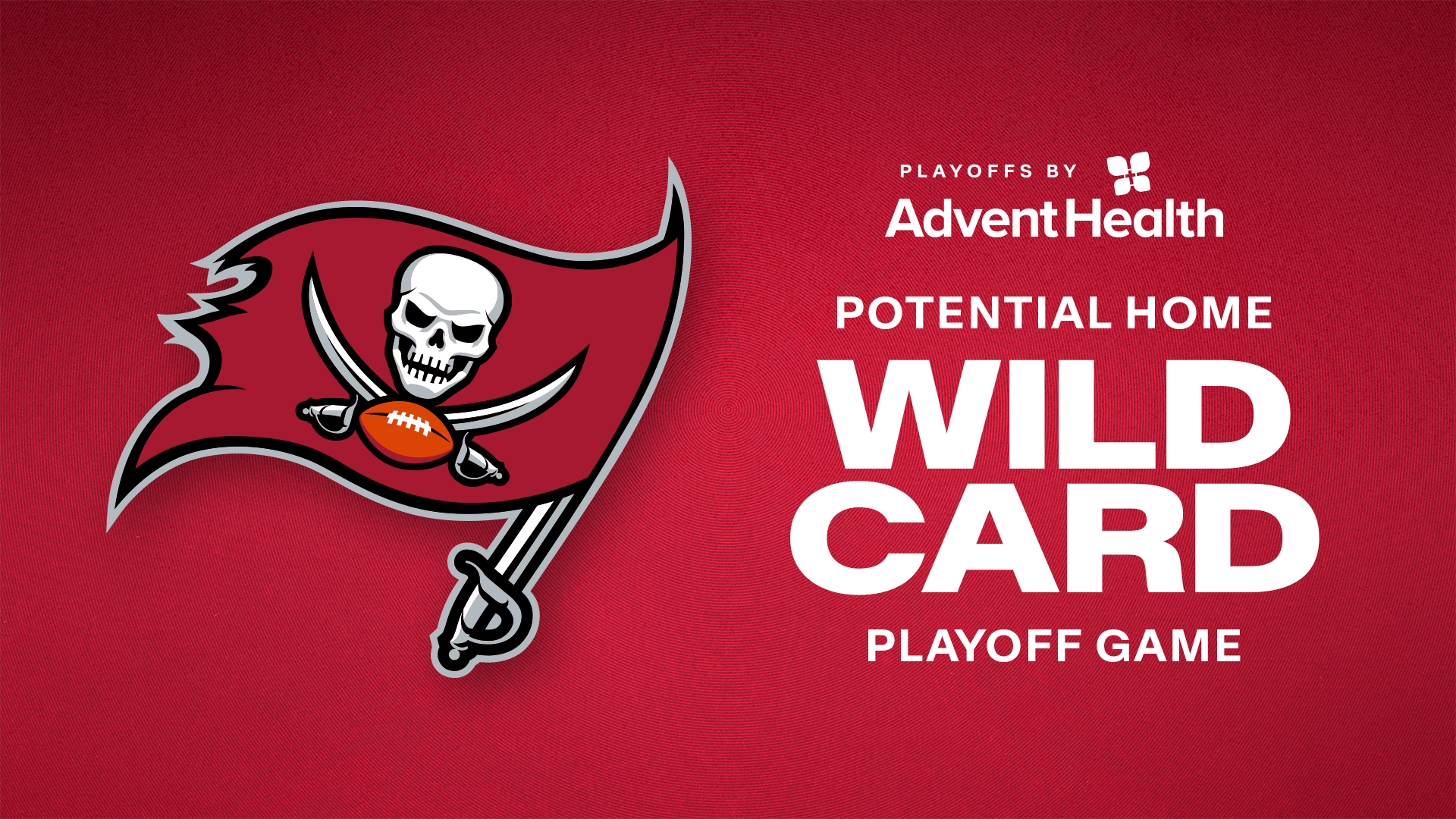The Tampa Bay Buccaneers did not make use of their franchise tag in 2023, breaking a three-year streak in which they had utilized that option. Will they start a new streak in 2024?
The two-week window for NFL teams to apply a franchise or transition tag opened on Tuesday and will end eight days before the start of free agency, on March 5. At any point during those two weeks, the Buccaneers and the NFL's other 31 teams can use a tag on one player in order to keep a potential free agent from hitting the open market.
The Buccaneers used their franchise tag on outside linebacker Shaquil Barrett in 2020 after he had led the NFL with a franchise-record 19.5 sacks in 2019. Barrett played the 2020 season the tag, then signed a multi-year contract to remain with the Buccaneers in 2021. Chris Godwin then got the tag in both 2021 and 2022; he signed the tag shortly after receiving it in 2021 but he and the team reached agreement on a long-term deal a week after the tag was applied in 2022.
As Godwin's case two years ago demonstrated, the franchise tag can be a valuable tool to extend the exclusive negotiating period with an important player who is a pending unrestricted free agent. The Buccaneers have 18 players in that category this year, with free agency set to begin on Wednesday, March 13. Among them are such key contributors as safety Antoine Winfield Jr., quarterback Baker Mayfield, wide receiver Mike Evans, kicker Chase McLaughlin and linebackers Lavonte David and Devin White. Winfield was a first-team Associated Press All-Pro in 2023 while Mayfield and Evans were both named to the Pro Bowl.
The franchise tag, which came into existence with the first collective bargaining agreement in 1993, allows a team to retain exclusive negotiating rights with one pending unrestricted free agent, or set itself up for a significant amount of compensation if that player signs elsewhere. It carries with it a hefty one-year price tag that varies by position. The transition tag is similar but does not include compensation for departing players and carries a somewhat smaller price tag.
There are also two varieties of franchise tags, exclusive and non-exclusive. Exclusive tags carry a higher price tag but prohibit the tagged player from negotiating with any other team. Players with non-exclusive tags can negotiate with other teams but if they receive an offer their original team can either match it or receive two first-round draft picks from the signing team in compensation. A team can only use a franchise or a transition tag in any given season, not both.
If Tampa Bay does utilize a franchise or transition tag this year, it will mark the eighth time they have done so. The previous five were Godwin (twice), Barrett, tackle Paul Gruber in 1993, defensive end Chidi Ahanotu in 1999, wide receiver Antonio Bryant in 2009 and kicker Connor Barth in 2012.
After a player receives a tag, negotiations on a long-term deal can continue until mid-July; after the deadline, the player can only sign the one-year tender offer. The one-year salary associated with the exclusive franchise tag is based on the average of the top five salaries at a player's position in that current year. The non-exclusive tag is based on the average of the top five salaries over the last five seasons combined. However, if a player is tagged for a second consecutive year he must be offered 120% of his previous salary, as was the case when the Buccaneers tagged Godwin for a second time in 2022.

























